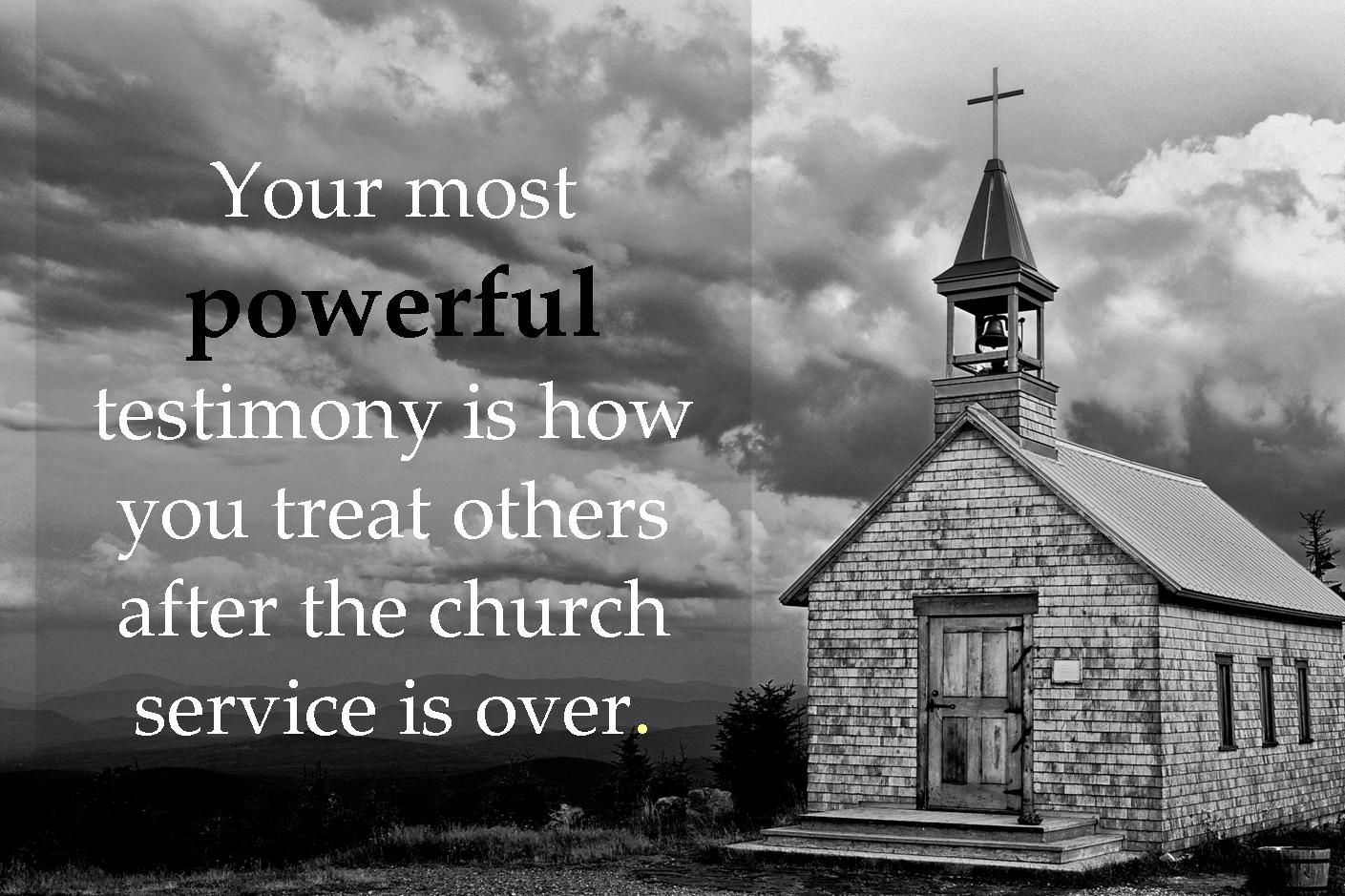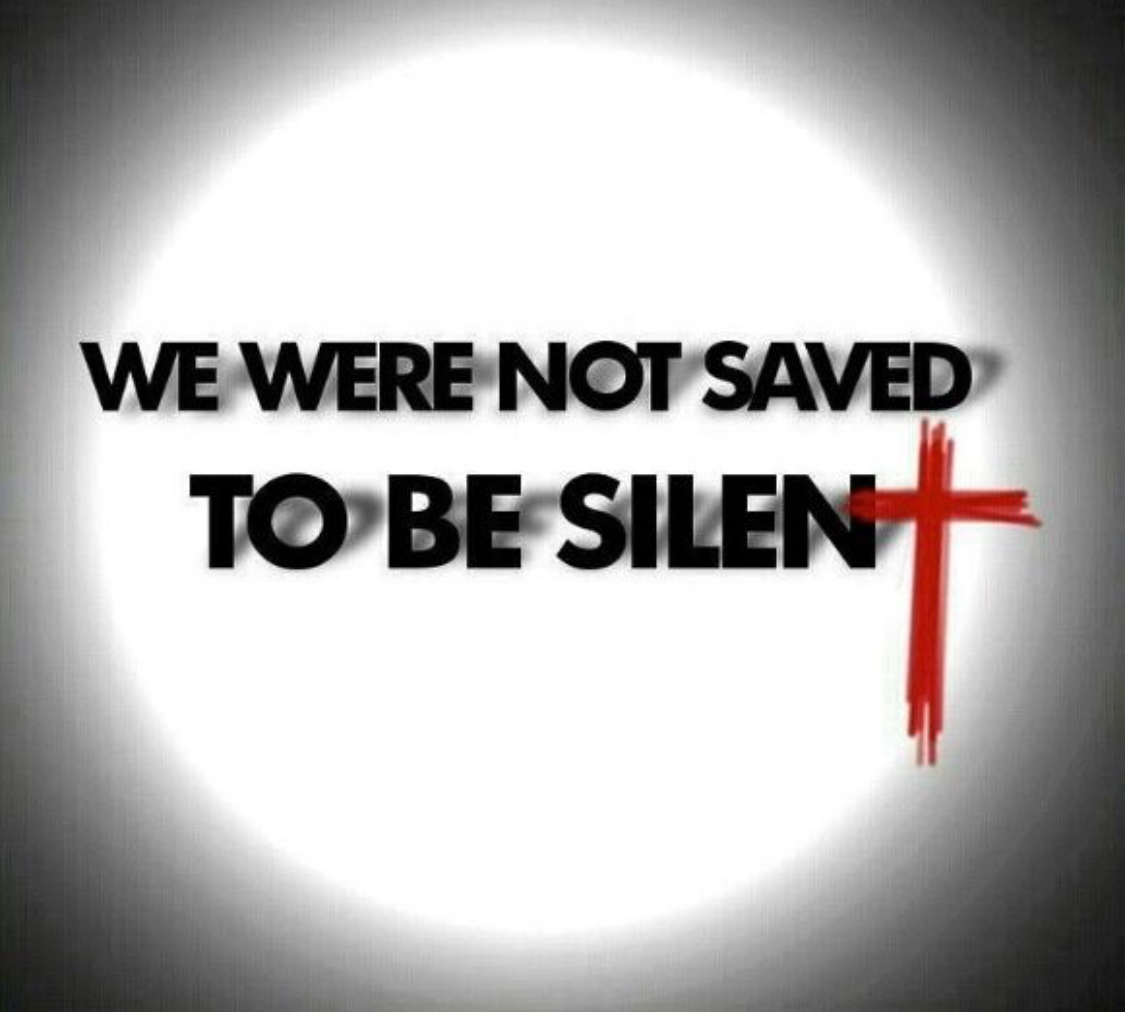Scripture transcends ideology, identity, party allegiance, and is full of clear specific instructions on how we should treat each other. Today, I’ll let scripture speak for itself and in the words of Ray Charles, “do what it do. . .” Those who are serious about finding and following a king will heed Christ admonition that “whatever you did for one of the least of these brothers of mine, you did for me” (Matthew 25:40).
Read them carefully and consider how to apply them in your life:
Leviticus 19:11 Do not steal. Do not lie. Do not deceive one another.
John 13:14 Now that I, your Lord and Teacher, have washed your feet, you also should wash one another’s feet.
John 13:34 A new command I give you: Love one another. As I have loved you, so you must love one another.
John 13:35 By this all men will know that you are my disciples, if you love one another.
Romans 12:10 Be devoted to one another in brotherly love. Honor one another above yourselves.
Romans 12:16 Live in harmony with one another. Do not be proud but be willing to associate with people of low position. Do not be conceited.
Romans 13:8 Let no debt remain outstanding, except the continuing debt to love one another, for he who loves his fellowman has fulfilled the law.
Romans 14:13 Therefore let us stop passing judgment on one another. Instead, make up your mind not to put any stumbling block or obstacle in your brother’s way.
Romans 15:7 Accept one another, then, just as Christ accepted you, in order to bring praise to God.
Romans 15:14 I myself am convinced, my brothers, that you yourselves are full of goodness, complete in knowledge and competent to instruct one another.
Romans 16:16 Greet one another with a holy kiss. All the churches of Christ send greetings.
1 Peter 4:9 Offer hospitality to one another without grumbling.
1 Peter 5:5 Be submissive to those who are older. All of you, clothe yourselves with humility toward one another, because, “God opposes the proud but gives grace to the humble.”
1 John 1:7 But if we walk in the light, as he is in the light, we have fellowship with one another, and the blood of Jesus, his Son, purifies us from all sin.
1 John 3:11 This is the message you heard from the beginning: We should love one another.
1 John 3:23 And this is his command: to believe in the name of his Son, Jesus Christ, and to love one another as he commanded us.
1 John 4:7 Dear friends, let us love one another, for love comes from God. Everyone who loves has been born of God and knows God.
1 John 4:11 Dear friends, since God so loved us, we also ought to love one another.
1 John 4:12 No one has ever seen God; but if we love one another, God lives in us and his love is made complete in us.
1 Peter 4:8 Above all, love each other deeply, because love covers over a multitude of sins.
James 5:16 Therefore confess your sins to each other and pray for each other so that you may be healed. The prayer of a righteous man is powerful and effective.
James 5:9 Don’t grumble against each other, or you will be judged. The Judge is standing at the door!
Hebrews 13:1 Keep on loving each other.
2 Thessalonians 1:3 We ought always to thank God for you, and rightly so, because your faith is growing more and more, and the love every one of you has for each other is increasing.
1 Thessalonians 5:15 Make sure that nobody pays back wrong for wrong, but always try to be kind to each other and to everyone else.
1 Thessalonians 5:13 Hold them in the highest regard in love because of their work. Live in peace with each other.
1 Thessalonians 5:11 Therefore encourage one another and build each other up, just as in fact you are doing.
1 Thessalonians 4:18 Therefore encourage each other with these words.
1 Thessalonians 4:9 Now about brotherly love we do not need to write to you, for you yourselves have been taught by God to love each other.
1 Thessalonians 3:12 May the Lord make your love increase and overflow for each other and for everyone else, just as ours does for you.
Colossians 3:13 Bear with each other and forgive whatever grievances you may have against one another. Forgive as the Lord forgave you.
Colossians 3:9 Do not lie to each other, since you have taken off your old self with its practices
Philippians 4:2 I plead with Euodia and I plead with Syntyche to agree with each other in the Lord.
Ephesians 4:32 Be kind and compassionate to one another, forgiving each other, just as in Christ God forgave you.
Galatians 5:26 Let us not become conceited, provoking and envying each other.
Galatians 6:2 Carry each other’s burdens, and in this way you will fulfill the law of Christ.
1 Corinthians 12:25 There should be no division in the body, but that its parts should have equal concern for each other.
Galatians 5:15 If you keep on biting and devouring each other, watch out or you will be destroyed by each other.
1 Corinthians 11:33 When you come together to eat, wait for each other.
Romans 1:12 That is, that you and I may be mutually encouraged by each other’s faith.
Ephesians 4:16 From him the whole body, joined and held together by every supporting ligament, grows and builds itself up in love, as each part does its work.
Philippians 2:3-5 Do nothing out of selfish ambition or vain conceit, but in humility consider others better than yourselves. Each of you should look not only to your own interests, but also to the interests of others. Your attitude should be the same as that of Christ Jesus.
We change our moral and ethical behavior by letting Christ live within us, so that he can shape us into what we should be. The scriptures call us to love as we have never loved before. This requires radical humility (next issue’s topic).
Would your connections benefit from this post?









